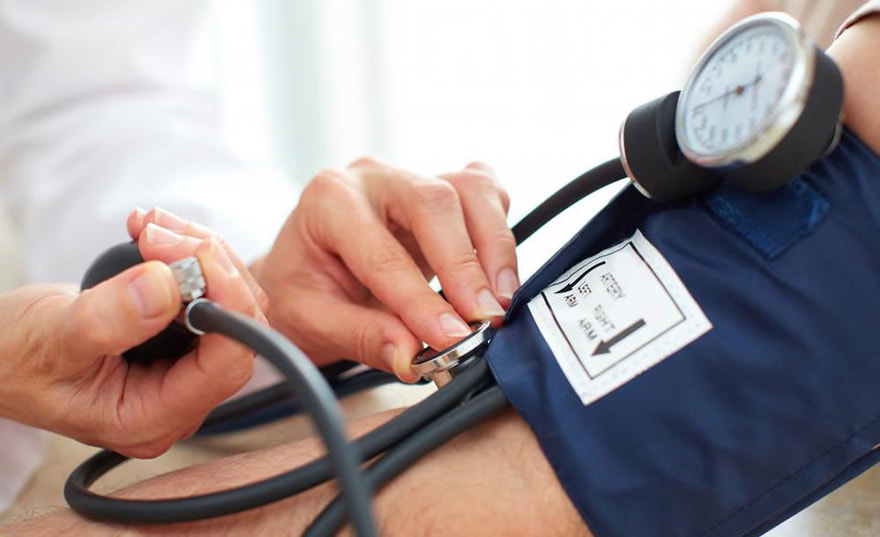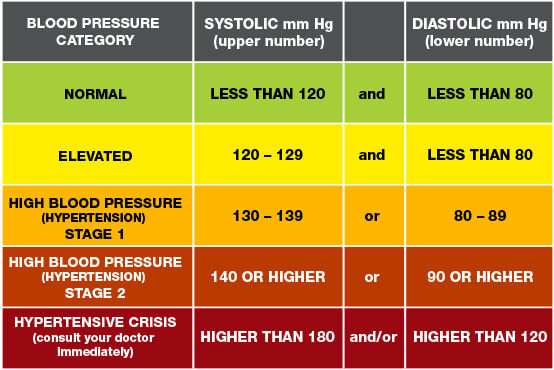BLOOD PRESSURE CHECKS
FREE Blood Pressure ChecksFree blood pressure checks are available at the fire station between the hours of 9:00am and 5:00pm seven days per week. Keep in mind firefighters may not always be at the fire station due to emergency calls, inspections, or training events. If you are experiencing any type of medical concerns other than a routine blood pressure check please call 911 instead of driving yourself to the fire station. You are welcome to call 269-857-3000 and schedule a time in advance for a free blood pressure check. |
What is blood pressure?Blood pressure is the pressure of the blood against the walls of the arteries. Blood pressure results from two forces. One is created by the heart as it pumps blood into the arteries and through the circulatory system. The other is the force of the arteries as they resist the blood flow |
What do blood pressure numbers indicate?
- The higher (systolic) number represents the pressure while the heart contracts to pump blood to the body.
- The lower (diastolic) number represents the pressure when the heart relaxes between beats.
- The systolic pressure is always stated first. For example: 118/76 (118 over 76); systolic = 118, diastolic = 76.
How can I tell if I have high blood presure?
High blood pressure usually has no symptoms. In fact, many people have high blood pressure for years without knowing it. That's why it's called the "silent killer." Hypertension is the medical term for high blood pressure. It doesn't refer to being tense, nervous or hyperactive. You can be a calm, relaxed person and still have high blood pressure.
A single elevated blood pressure reading doesn't mean you have high blood pressure, but it's a sign that further observation is required. Ask your doctor how often to check it or have it checked. Certain diseases, such as kidney disease, can cause high blood pressure. In 90 to 95 percent of cases, the cause of high blood pressure is unknown.
The only way to find out if you have high blood pressure is to have your blood pressure checked. Your doctor or other qualified health professional should check your blood pressure at least once every two years, or more often if necessary.
Optimal blood pressure with respect to cardiovascular risk is less than 120/80 mm Hg. However, unusually low readings should be evaluated to rule out medical causes.
For more information about Blood Pressure visit the American Heart Association Web Site.
A single elevated blood pressure reading doesn't mean you have high blood pressure, but it's a sign that further observation is required. Ask your doctor how often to check it or have it checked. Certain diseases, such as kidney disease, can cause high blood pressure. In 90 to 95 percent of cases, the cause of high blood pressure is unknown.
The only way to find out if you have high blood pressure is to have your blood pressure checked. Your doctor or other qualified health professional should check your blood pressure at least once every two years, or more often if necessary.
Optimal blood pressure with respect to cardiovascular risk is less than 120/80 mm Hg. However, unusually low readings should be evaluated to rule out medical causes.
For more information about Blood Pressure visit the American Heart Association Web Site.


